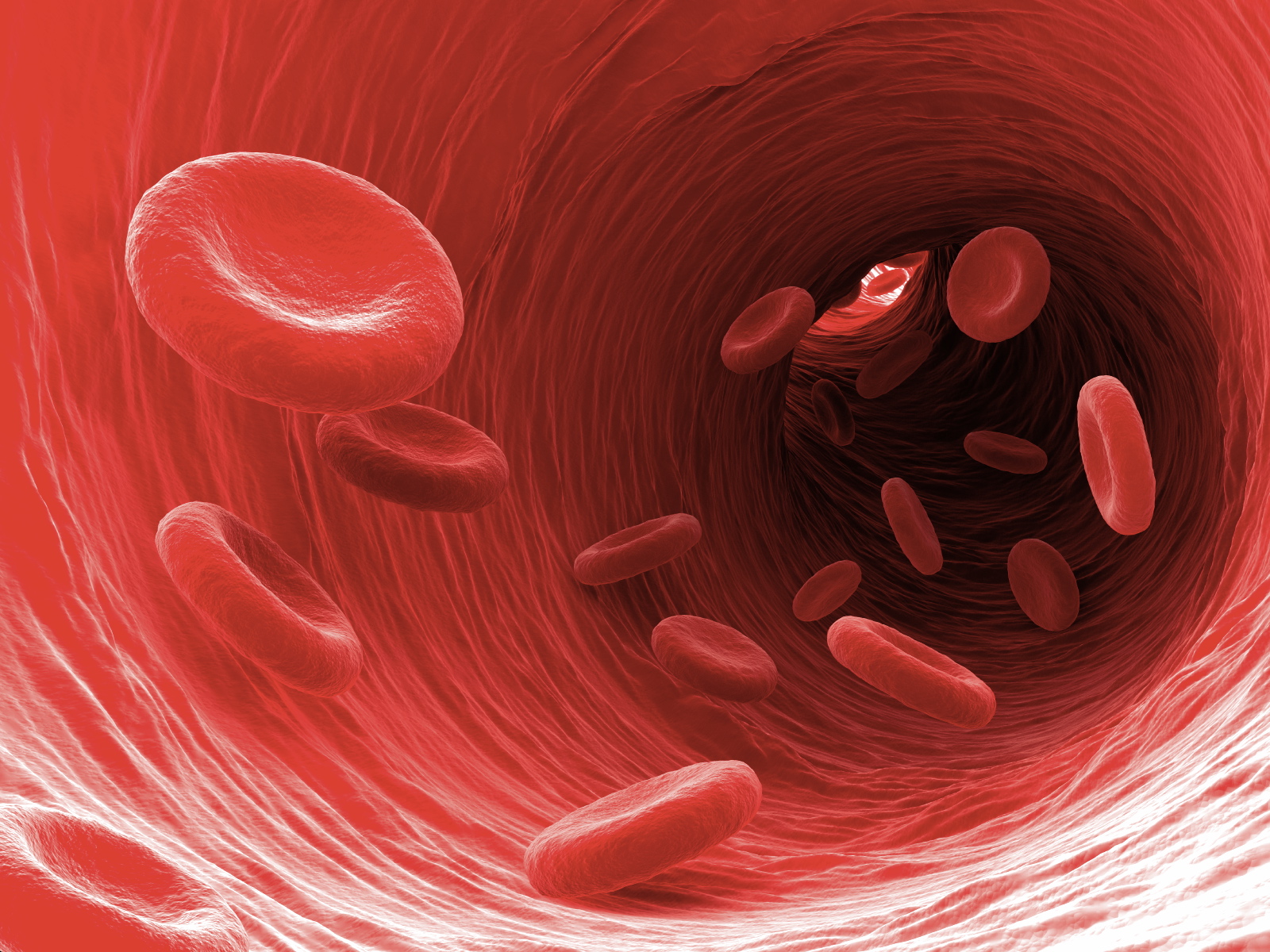
Scientists say a new way to treat prostate cancer may be on the horizon after finding it is possible to reverse its resistance to therapy.
More than a million men worldwide are diagnosed with the disease each year. The chances of survival are generally good, particularly if it is diagnosed early. Many can live for decades without symptoms or needing treatment.
But some with advanced forms of prostate cancer find it is able to evade treatment by using their immune system to resist the impact of drugs.
Now scientists have discovered a way to stop it being able to do this, opening up the possibility of treatments for men left with little hope.
By blocking the secret messages that cancer cells send to hijack healthy white blood cells, researchers were able to reverse resistance to therapy in a small group of patients. In some, they were able to shrink tumours or halt their growth. The findings were published in Nature.
“This is tremendously exciting and it suggests we have an entirely new way to treat prostate cancer on the horizon,” said Johann de Bono, a professor of experimental cancer medicine at the Institute of Cancer Research and consultant medical oncologist at the Royal Marsden NHS foundation trust.
In a trial led by the ICR, the Royal Marsden and the Institute of Oncology Research in Switzerland, scientists recruited 23 patients with advanced prostate cancer that had stopped responding to hormone therapy.
They were given a combination of AZD5069, an experimental drug that prevents white blood cells from being dragged inside tumours, and enzalutamide, a hormone therapy commonly used to treat prostate cancer.
Of 21 patients who could be evaluated, five (24%) showed evidence of their tumours responding to the combination, the ICR reported.
Their tumours shrunk by more than 30%, they experienced “dramatic decreases” in circulating levels of prostate specific antigen (PSA), a marker often elevated by cancer, or their blood levels of circulating tumour cells dropped, it said.
Patients also showed a drop in the white blood cells targeted by the treatment – myeloid cells – in the blood, and biopsies revealed fewer of them in their tumours.
“It’s hugely rewarding to see our theory proven in a trial of patients with this disease,” said De Bono. “Myeloid cells may be implicated in treatment resistance in a range of cancers, so the impact of this research could be very broad, across multiple cancer types.”
